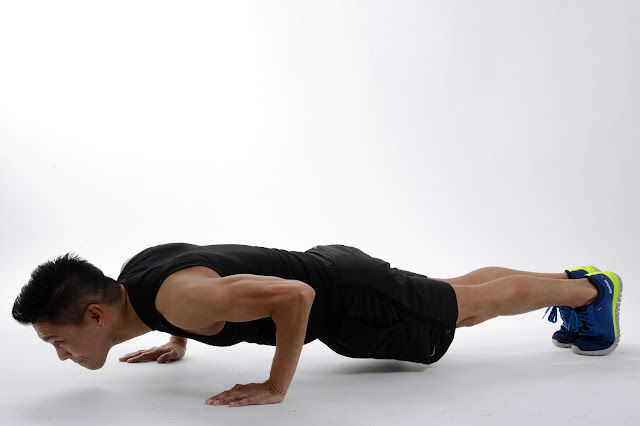Strength and Mobility Training for Law Enforcement
Q: Really loved your article on training police officers on Bodybuilding.com and thought I would reach out to you. I too am a full time police officer over in the UK. I've been on the job for five years, and I suspect we hold the same frustrations about fitness and health within the service.
I am hoping to set up my own strength and fitness consultancy business in the near future as a bit of a side venture. I was wondering if you had any advice on setting this kind of thing up whilst also tackling the shift work.
Have you any sporting aspirations yourself? How do you juggle working with training, eating and recovery?
My aim with my venture is to start out initially by just offering my services for free to colleagues and friends and take it from there really. My background is in Sports Conditioning having completed a university degree some years ago.
Do you guys have to do a fitness test every year? Are you given time to do any physical training? What facilities are on offer for you?
It would be cool to discuss some ideas with you if you have time?
Kind Regards,
Steff
My Answer: I don't know how it is in the UK, but there are thousands of law enforcement agencies in America. The majority of these agencies are small departments (less than 50 sworn). Once you're done with the academy, most departments really don't hold officers to any fitness standards other than you must be "fit for duty" which is not clearly defined and certainly not tested.
Not every department gives their officers paid training time. So most cops exercise on their own. I'm the Wellness Coordinator for our department, so I put some of my fellow officers through light calisthenics, stretching and mobility work. What I don't do is put them through heavy strength training or highly intense conditioning exercises. They can do that on their own time.
What I despise are CrossFit type WOD's for LEO's, simply because going balls to the wall ends up injuring an officer, and this is the one thing that departments frown upon. Officers should not be injured from training. Training is different from working out. With training you are building up some physical characteristic. You build strength, you build endurance, you build speed, coordination, skill, mobility, etc.
CrossFit WOD's or highly intense metabolic conditioning workouts tend to tear you down. They do not build you up. While it's important to increase your conditioning so that you have the strength endurance to chase and wrestle bad guys, you don't want the conditioning workouts to aggravate existing dysfunctions in your body.
If you've got a number of years as an LEO, firefighter or military, then you've developed a lot of dysfunction in your body. Tactical athletes tend to have bad backs, bad shoulders, bad knees and overall poor mobility. This is because the equipment we carry on our bodies and in our hands weigh us down and compress our spines. The bullet resistant vest you wear locks your torso in place. This results in shortened ranges of motion for the torso, hips and shoulders.
So an important part of LEO fitness is prehabilitation and restoration of mobility, and this is what I focus on when I train my officers.
Now with regards to setting up a strength and fitness business, I would suggest you apply first to be an academy PT instructor or apply to be your department's Wellness Coordinator. You'd be paid to workout and train, and you'd gain experience training a large number of officers.
Training people as a side venture is tough, but rewarding. Tough, because you have no weekends. Rewarding because you're training people to be fit and strong and to look great naked. It's very satisfying to see your clients transformed for the better, not just physically but mentally and emotionally as well.
But I would suggest you train LEO's as part of your officer duties first. That way you'll have weekends with the family.


Comments